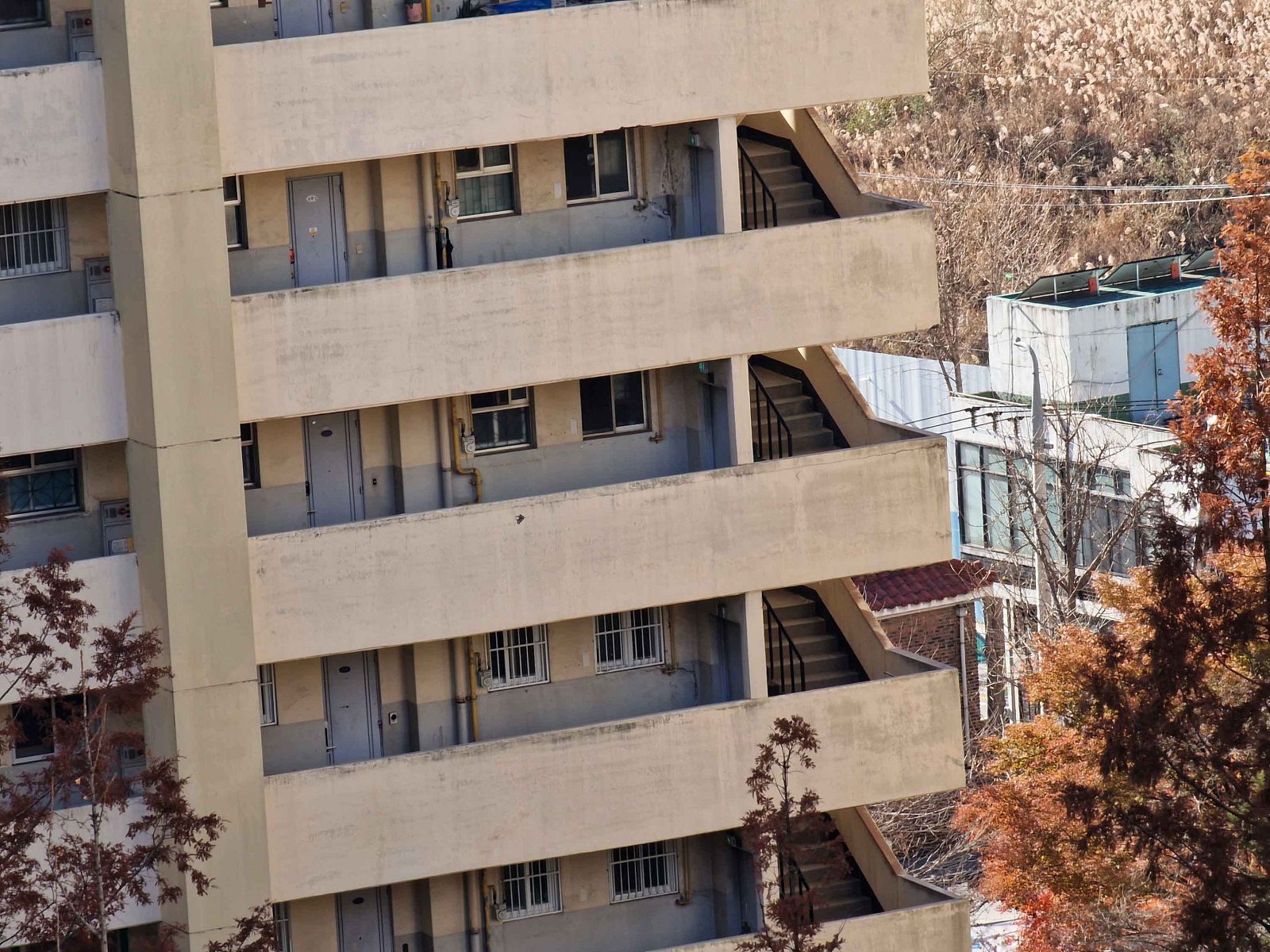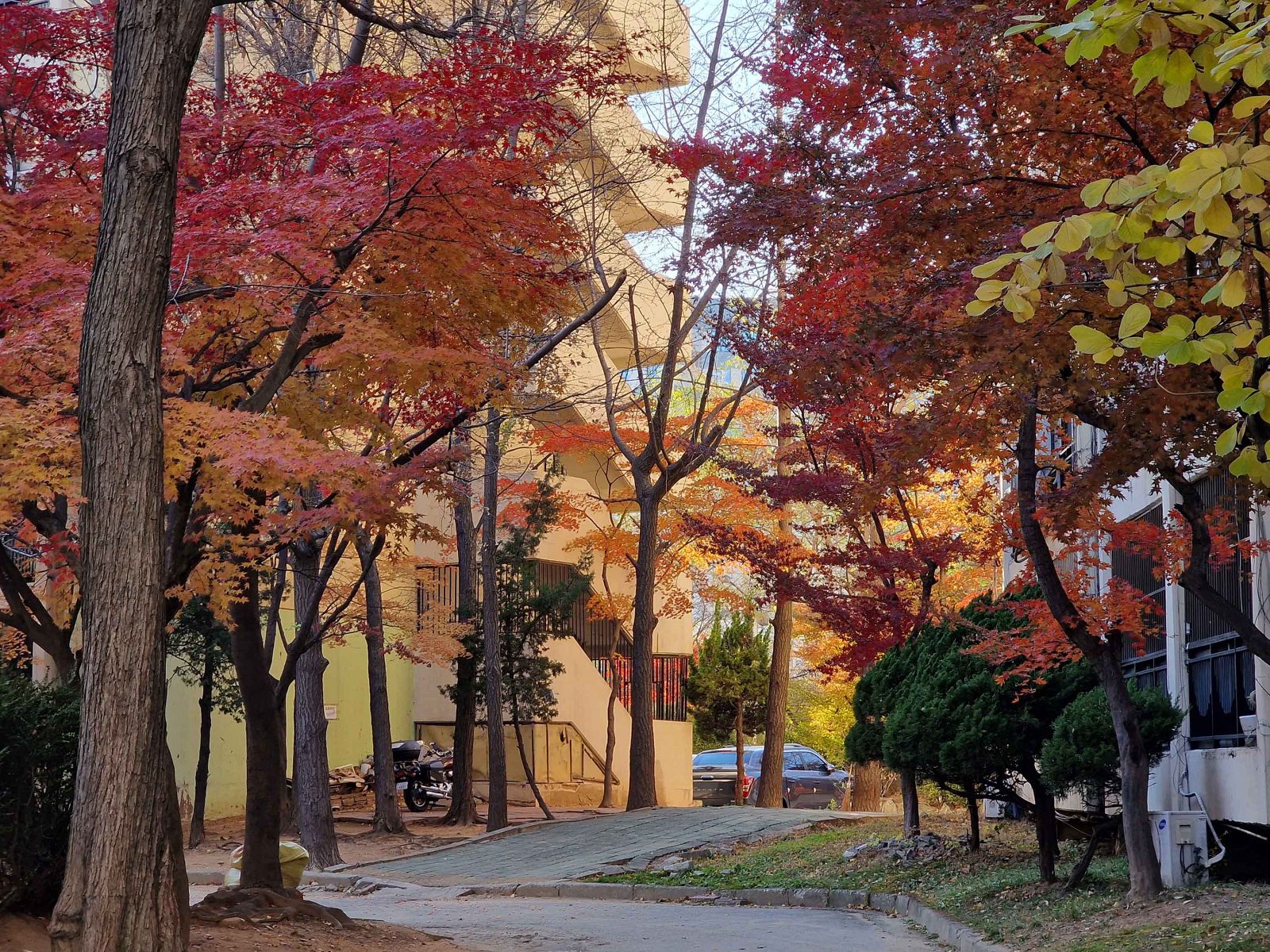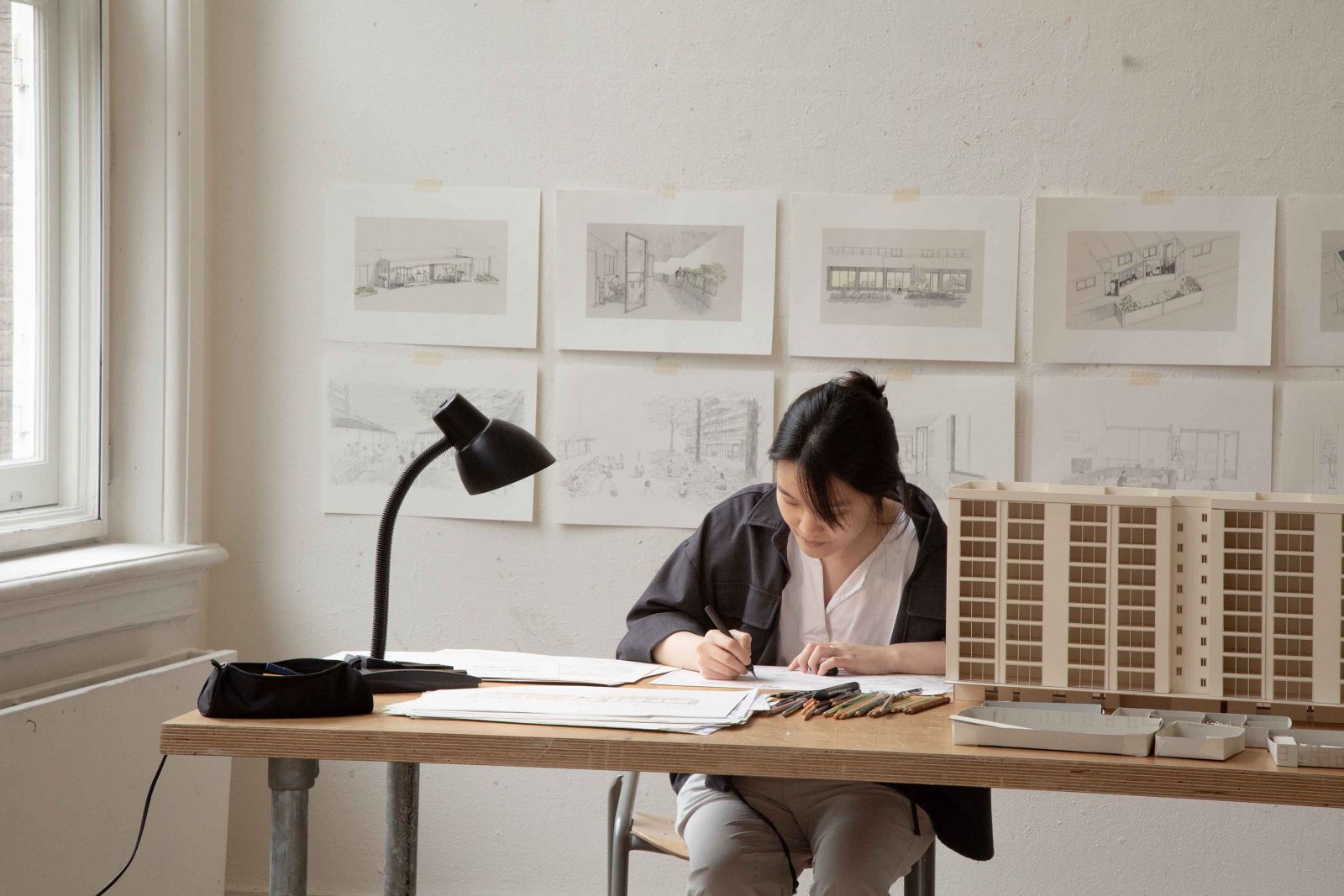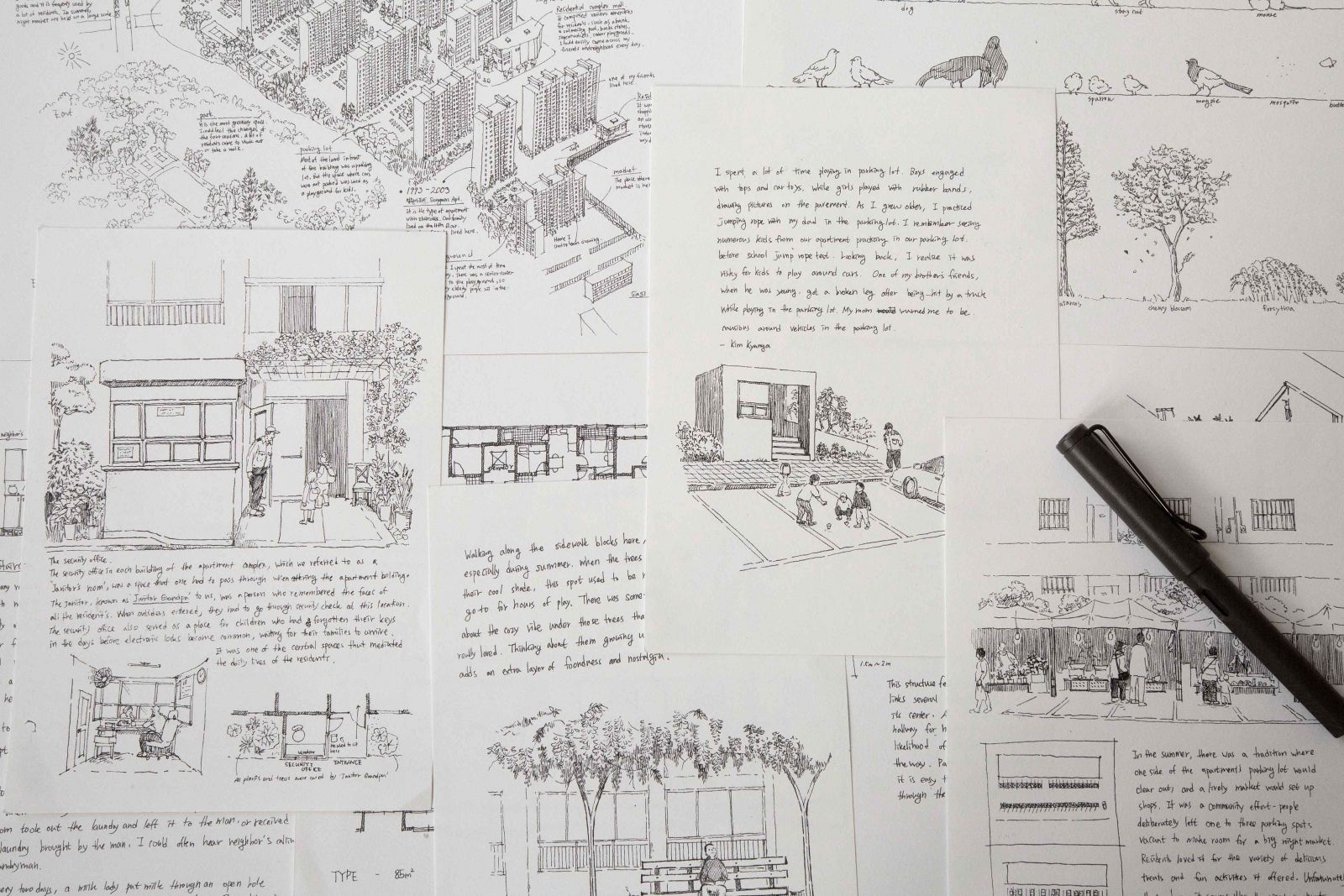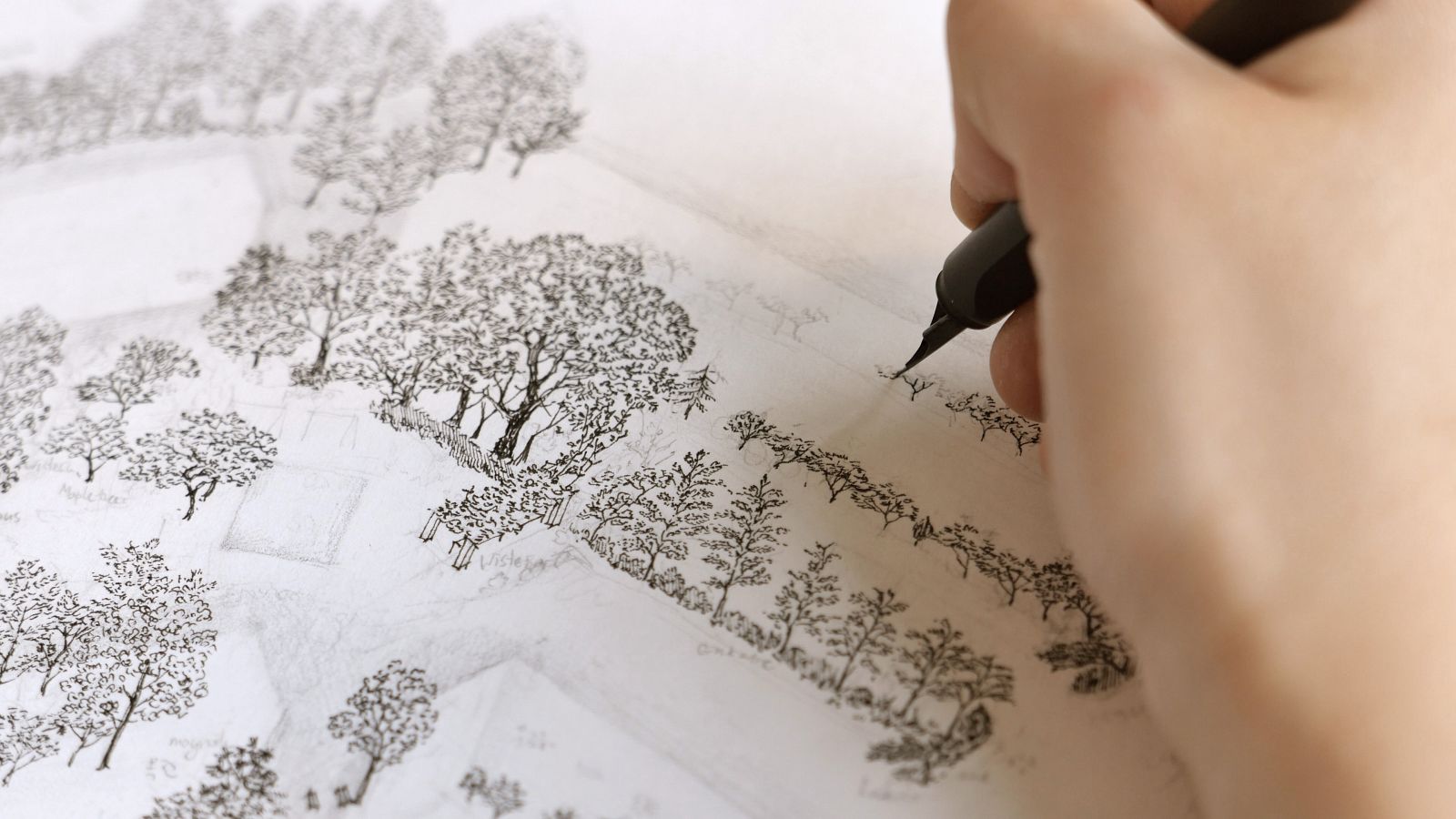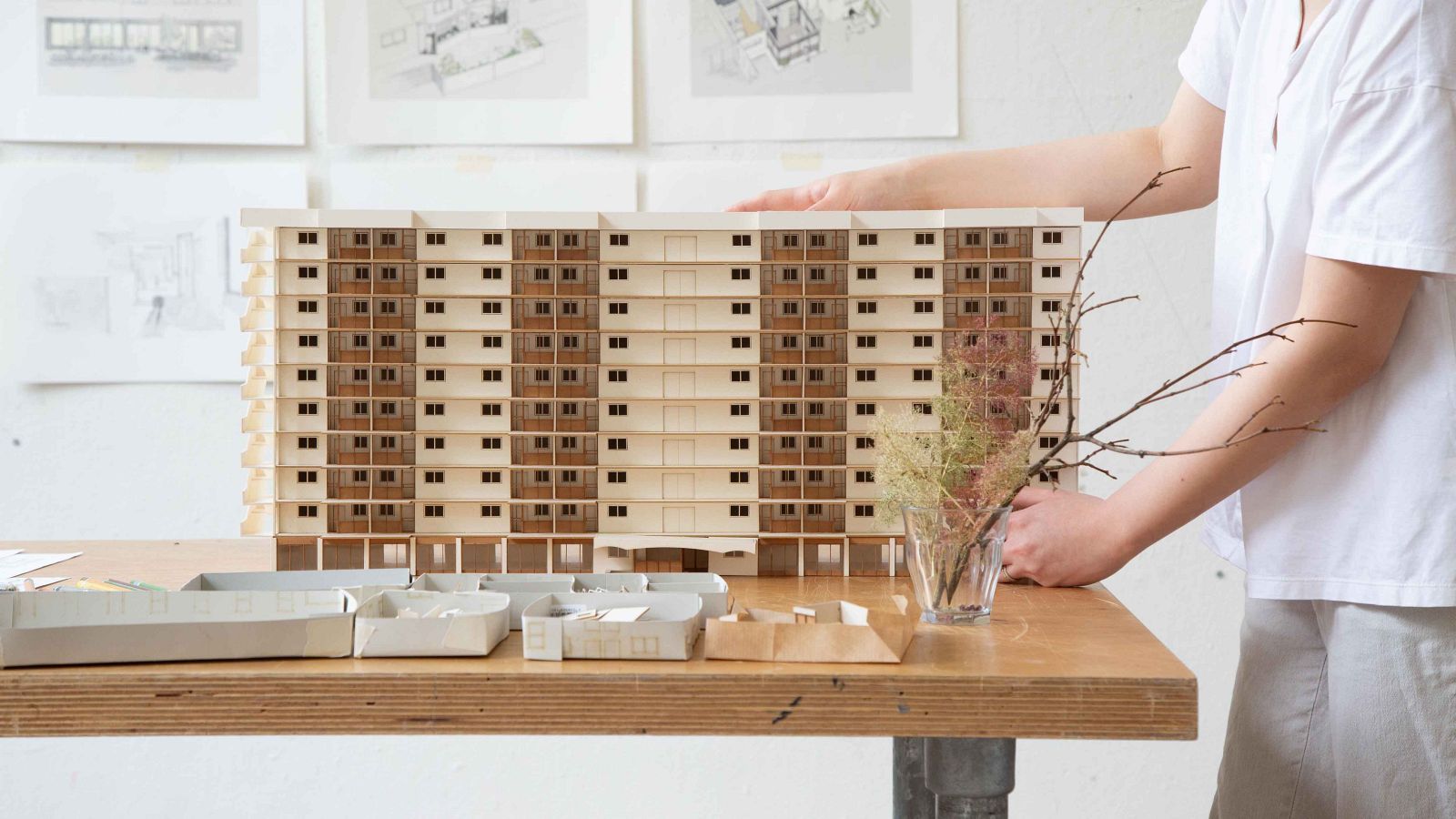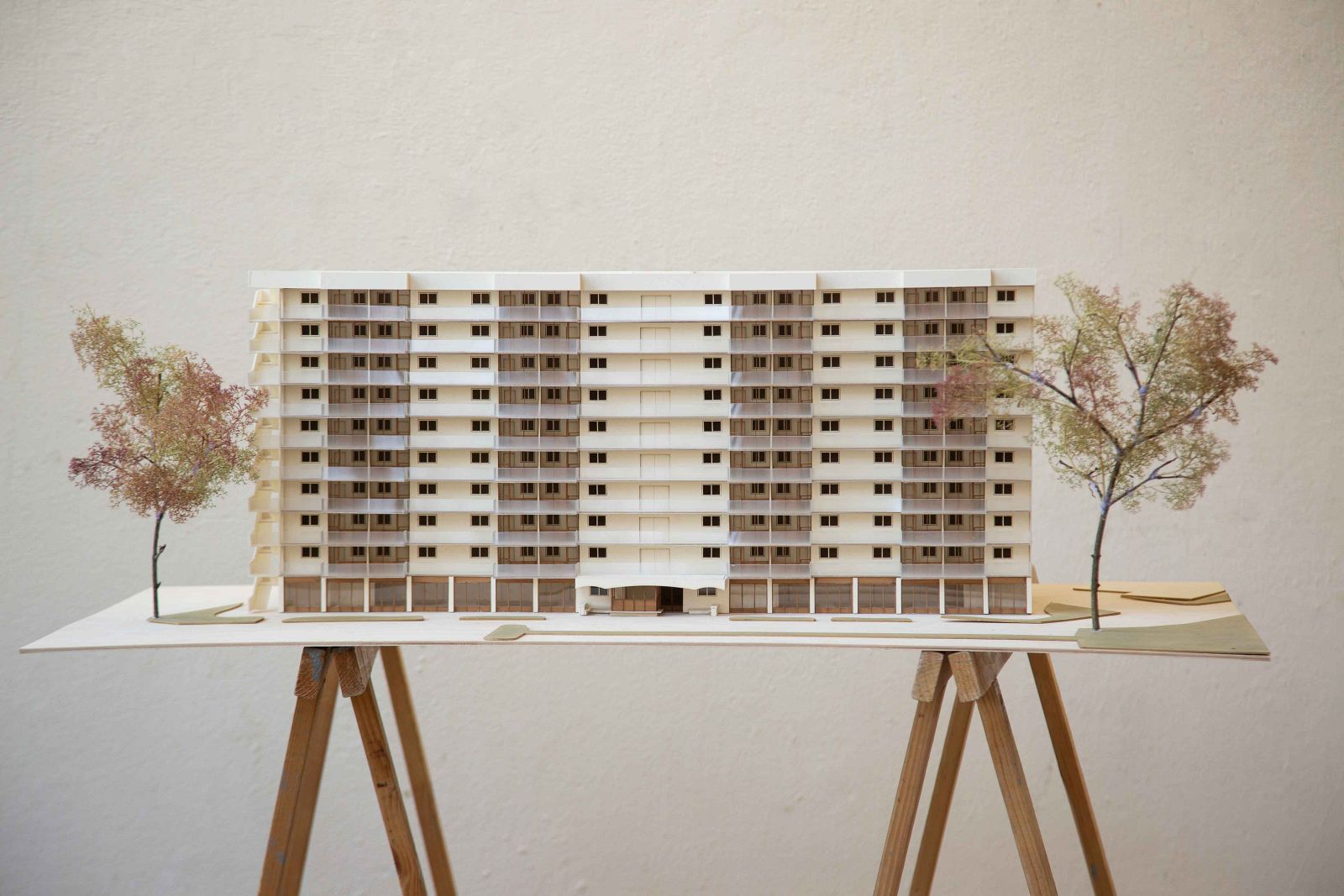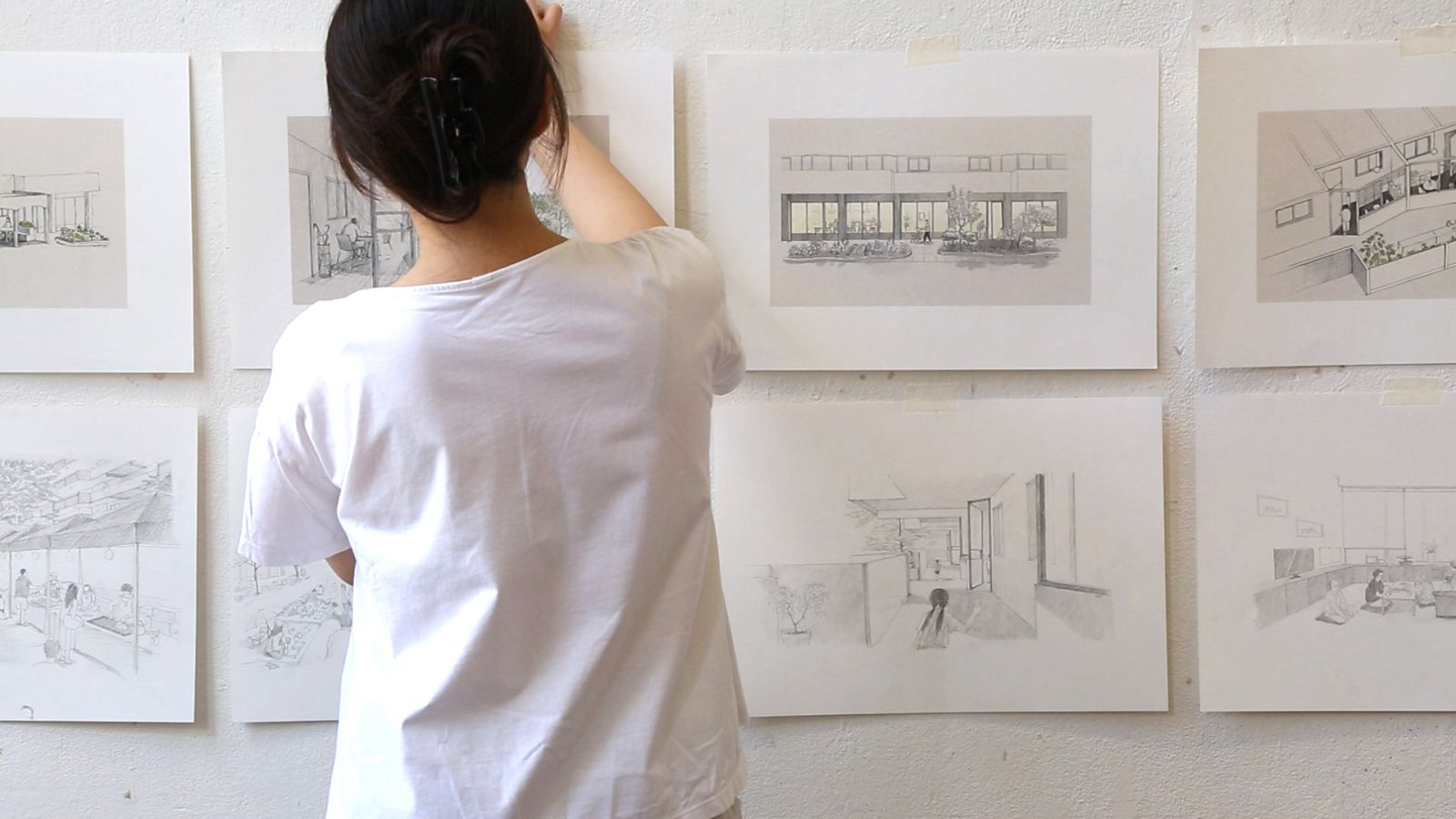
Kyunga Kim
Read Thesis
The research project started by retrospectively exploring the transformation of Korean apartment complexes spanning the past to the present. The apartment complexes, constructed since 1970, are the most common residential habitat in Korea. My friends and I were born and grew up in this uniformed, mass-produced building environment. All my memories here made me regard this massive concrete complex as a ‘hometown’ where I spent most of my daily life. However, as time has passed, these old buildings are on the verge of new changes.
Within the framework of a capitalist society, the value of these residential buildings which mostly built before 2000, is perceived more in terms of their potential for financial gain through reconstruction rather than serving as spaces where people live. Consequently, people have actively chosen to destroy their affectionate hometowns, replacing them with luxury high-rise apartment complexes. It has resulted in the fragmentation of existing communities and the elimination of the existing nature and environment. Is opting for this destructive path the only choice available to Korean society?
Approaching this project with a skeptical perspective towards these phenomena, I sought to unveil the hidden values of the old apartment complexes. I delved into the memories about the space among individuals, including myself, who grew up in apartments built before 2000. Presented through drawings analysis, I traced what activities and experiences Apartment kids created attachment to space through and how it was related to the spatial background. To rejuvenate old complexes in Korea, this project aims to identify the potential spatial qualities of these aging concrete complexes, which once served as channels for promoting connections between residents and their surroundings. This reasearch proposes to Koreans and architect a new way of seeing the old buildigns in emotional and social context. It also envisions new spatial interventions aimed at restoring social and environmental ties within the complex.
